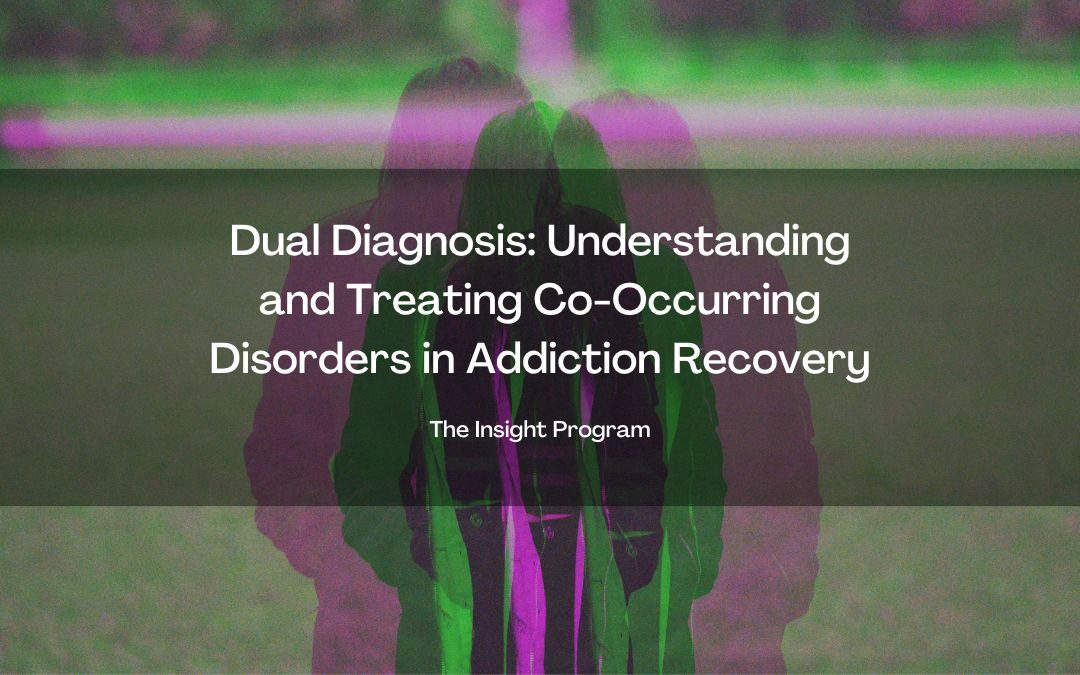Dual diagnosis refers to the co-occurrence of a substance use disorder and a mental health disorder. This complex interaction between addiction and mental illness presents unique challenges in addiction recovery. It is crucial to understand and address co-occurring disorders to provide effective treatment and support for individuals seeking recovery. In this blog post, we will explore the concept of dual diagnosis, its impact on addiction recovery, and strategies for treating co-occurring disorders.
Understanding Dual Diagnosis
Dual diagnosis occurs when someone experiences both a substance use disorder and a mental health disorder simultaneously. Common mental health disorders that often co-occur with addiction include depression, anxiety disorders, bipolar disorder, post-traumatic stress disorder (PTSD), and schizophrenia. The relationship between these disorders is complex, with each potentially influencing and exacerbating the other.
Impact on Addiction Recovery
The presence of a co-occurring disorder can complicate the recovery process. Mental health symptoms may contribute to substance abuse as individuals attempt to self-medicate or alleviate distress. Likewise, substance abuse can worsen symptoms of mental illness or trigger new ones. Dual diagnosis requires a comprehensive treatment approach that addresses both the addiction and the underlying mental health condition.
Treating Co-Occurring Disorders
1. Integrated Treatment
Integrated treatment is considered the gold standard for dual diagnosis. It involves combining substance abuse treatment and mental health interventions into a comprehensive and coordinated plan. This approach ensures that both disorders are treated simultaneously, addressing the interconnectedness and interplay between them.
2. Medication Management
In some cases, medication may be prescribed to manage the symptoms of mental health disorders. Psychiatric medications can help stabilize mood, reduce anxiety, or alleviate psychotic symptoms. However, medication should always be prescribed and monitored by a qualified healthcare professional.
3. Psychotherapy
Therapeutic interventions play a vital role in dual diagnosis treatment. Evidence-based therapies such as cognitive-behavioral therapy (CBT), dialectical behavior therapy (DBT), and motivational interviewing (MI) can address both addiction and mental health symptoms. Therapy helps individuals develop coping skills, manage cravings, and address underlying issues contributing to their dual diagnosis.
4. Supportive Services
Supportive services such as support groups, peer counseling, and case management can provide additional assistance in dual diagnosis treatment. These services offer a sense of community, understanding, and practical support for individuals navigating the challenges of co-occurring disorders.
5. Lifestyle Changes and Self-Care
Adopting a healthy lifestyle and engaging in self-care activities are essential for managing co-occurring disorders. Regular exercise, proper nutrition, sufficient sleep, and stress reduction techniques promote overall well-being and support recovery.
Dual diagnosis requires a comprehensive and integrated treatment approach that addresses both addiction and mental health disorders. Understanding the interconnectedness of these conditions and implementing evidence-based strategies is crucial for effective treatment. With proper diagnosis, tailored interventions, and ongoing support, individuals with co-occurring disorders can achieve lasting recovery and improved overall well-being.

